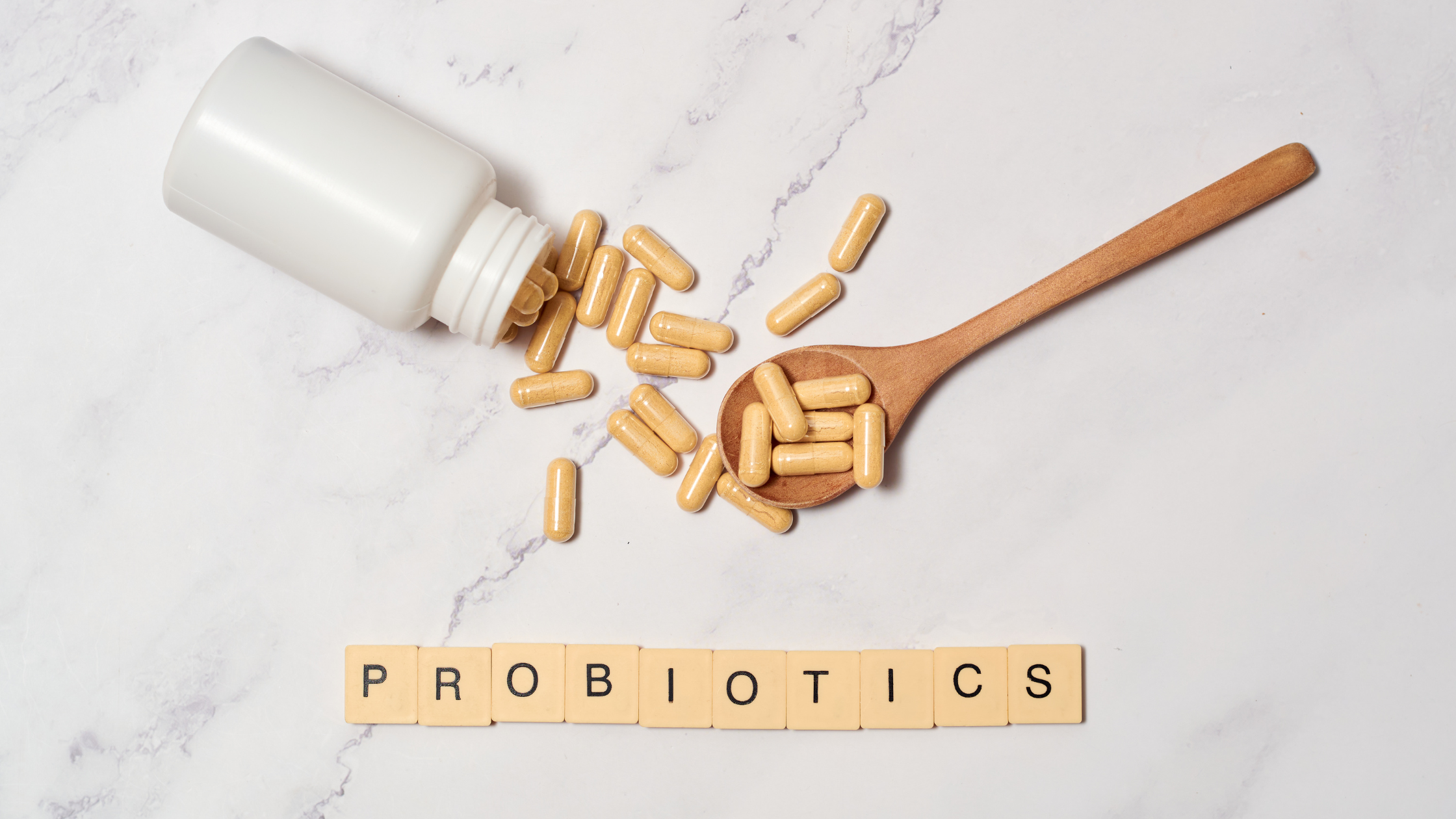Do you have bad genetics? It is common to worry about family history. If there is a history of heart disease, cancer, or Alzheimer’s disease in your family, it is a cause for concern. It’s wise to be mindful of your family history and take steps to prevent all diseases, especially those we are increasingly susceptible to. But did you know that there is more DNA in the bacteria that live in your gut than the DNA you inherited from your parents? So while family history is important, so are the census and specific types of bacteria living in your gut. There are trillions of bacteria living in the gut. 100 trillion. Yes, trillion with a T. The type of bacteria living there is super important. We’ll dive into the importance of probiotics and prebiotics for gut health and more!
The good guys vs. the bad guys
First, let me point out that not all bacteria are bad.
We naturally tend to think that they are. Bacteria cause a whole host of problems that we are familiar with like pneumonia, strep throat, and urinary tract infections. Some of the trillions of bacteria that live in the gut are also problematic. These bacteria can create an array of symptoms such as bloating, diarrhea or constipation, reflux, and abdominal pain. These bad bacteria can also cause non-gut-related symptoms such as general inflammation, skin conditions like acne or eczema, and even autoimmune disease.
In addition to all of these bad bacteria, there are good bacteria. You are healthier because of the good bacteria that live in the gut. So how do we optimize the good bacteria and get rid of the bad bacteria? If you are working with a functional medicine practitioner, you can identify the bad guys and take specific supplements to eradicate them. You can also take steps to optimize the good guys. The stronger your “good guy” army, the more able they are to push the bad guys out.
You can do this on your own. Here’s how:
Take a probiotic. A probiotic is essentially a whole bunch of good gut bacteria. The benefits of taking a probiotic are:
- Balancing the friendly bacteria in the gut
- Preventing and treating diarrhea
- Improving some mental health conditions
- Supporting the heart and improving cholesterol and blood pressure
- Decreasing allergies and improving eczema
- Improving inflammatory bowel disease and irritable bowel syndrome
- Strengthening immune system
- Supporting weight loss
Simply put, probiotics help colonize the gut, push the bad guys out, and exert positive health benefits, but only while you take them. The benefits wear off 2-3 weeks after stopping them so they are important to take long-term.
Instead of, or, in addition to taking probiotics, you can get probiotics in fermented foods such as dairy products like yogurt and kefir, pickled vegetables, tempeh, miso, kimchi, and sauerkraut. In addition to taking probiotics, take prebiotics. Prebiotics sound a lot like probiotics but they are different. Prebiotics aren’t bacteria at all. They are food for good bacteria. Foods that are classified as prebiotics bypass digestion and make their way to the colon to be used by the good gut bacteria.
Examples of foods that are classified as prebiotics are oats, bananas, greens, onions, garlic, soybeans, and artichokes. Commonly used supplements that are prebiotics are inulin, fiber with resistant starch and FOS, or fructo-oligosaccharides.
Prebiotics allow the gut bacteria to make small chain fatty acids which help maintain the lining of the gut, act as an antioxidant and anti-inflammatory, and even help to prevent colon cancer.
A Final Word on Gut Health
Take care of your gut by fortifying your good guy army with two simple steps:
- Take probiotics or eat probiotic-containing foods.
- Feed the good gut bacteria with prebiotics.
Small changes like this add up to big changes in the long run. You’ve got this!





